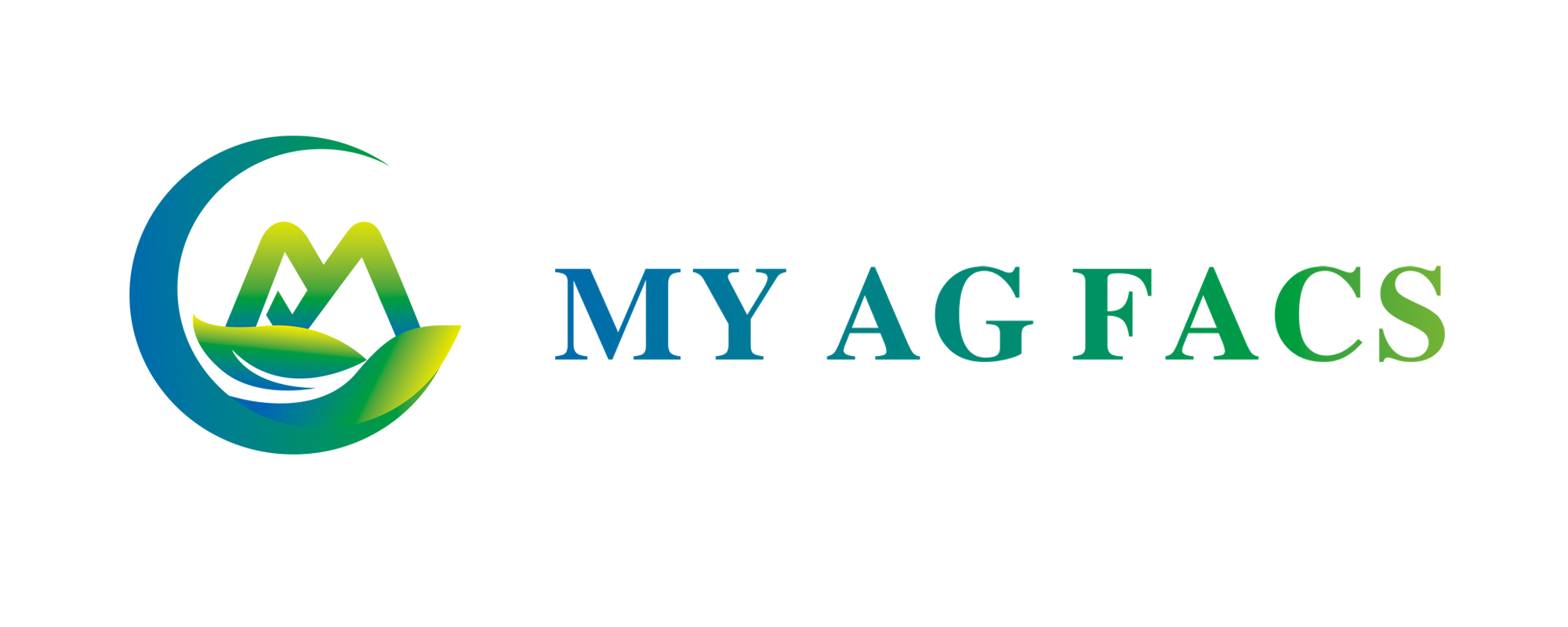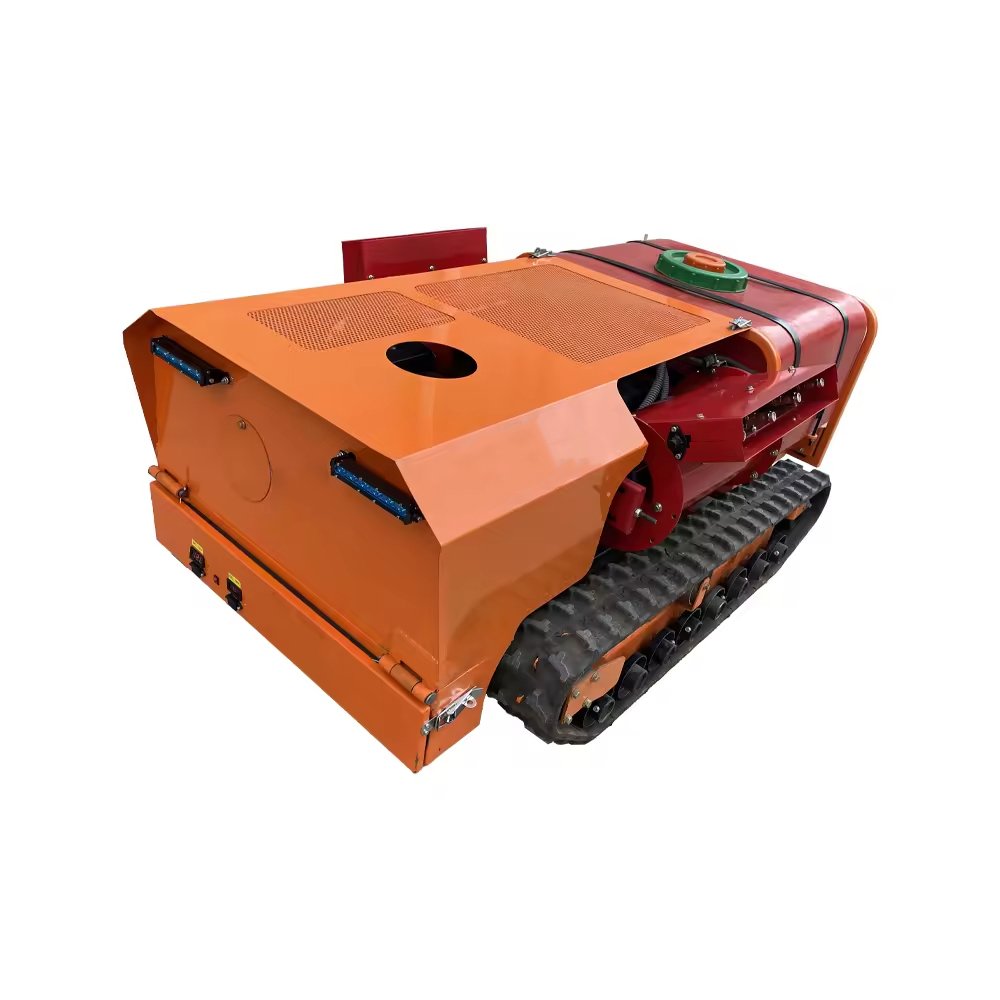

With the rapid advancement of technology and the increasing demand for smart agriculture, the remote-controlled spraying drone has become a “powerful assistant” in agricultural production. This innovative equipment, operated via remote control, brings convenient, safe, and efficient spraying to farmers. With its unique advantages in pest control, precise pesticide application, and cost savings, the remote-controlled spraying drone enhances productivity and protects the farm’s ecosystem, leading to significant benefits for both agriculture and the environment. This technology marks not only a breakthrough in agricultural equipment but also a key step towards sustainable and green agriculture.
Traditional manual spraying is both time-consuming and labor-intensive, especially during the hot summer months or pest outbreaks, when farmers often spend long hours in the fields. Manual pesticide spraying poses health risks due to prolonged exposure to chemicals, which can lead to long-term illnesses. In contrast, remote-controlled spraying drones allow farmers to operate the equipment from a safe distance, eliminating the need for direct contact with pesticides. This greatly reduces the health hazards associated with pesticide use, providing a safer work environment for farmers.
Moreover, the spraying drone covers a large area quickly and efficiently, completing extensive fieldwork in a short period of time. This high-speed spraying reduces time costs, which is especially beneficial for large-scale farms during peak seasons. The remote-controlled sprayer ensures timely pesticide application, helping crops grow healthily and preventing pests from spreading.
In modern agriculture, precision is key to increasing crop yield and protecting the environment. Traditional methods struggle to control the accuracy of pesticide application, leading to overuse, increased costs, and pollution to soil and water. The remote-controlled spraying drone can intelligently adjust the range and dosage, spraying only what’s necessary based on specific crop needs and pest distribution.
This targeted application reduces pesticide usage and lowers production costs while minimizing environmental impact. The drone's even spray distribution ensures effective pest control without disturbing the surrounding ecosystem. By minimizing chemical runoff, this approach establishes a foundation for sustainable agricultural practices. The precision spraying also promotes crop health by creating an optimal growing environment, enhancing both quality and yield.
The shortage of labor in agriculture has become a significant challenge, especially as younger generations are less inclined to take up physically demanding farm work. The remote-controlled spraying drone helps to reduce reliance on manual labor by allowing a single operator to complete large-scale spraying tasks, making agricultural operations much more convenient.
Compared to manual spraying, the drone increases productivity and reduces labor costs. In large-scale farming operations, a single remote-controlled sprayer can replace multiple workers, saving considerable labor expenses. Additionally, the drone supports extended, continuous operation and is easy to use, allowing it to perform reliably in diverse terrain. This high-efficiency approach meets modern agriculture's needs for mechanization and automation, bringing a revolutionary shift to the industry.
The remote-controlled spraying drone integrates multiple advanced technologies, including remote control, precision spraying, and automatic navigation. As these technologies continue to develop, the applications and capabilities of spraying drones are constantly expanding. Currently, spraying drones are suitable for regular field use and can also navigate more challenging environments, such as orchards and tea plantations. In mountainous areas, where traditional machinery struggles, the remote-controlled drone can operate autonomously with smart navigation, making it a versatile solution.
In the future, with further advances in remote control and automation, drones may be equipped with sensors to monitor crop growth, automatically identifying the severity of pest issues and adjusting spraying accordingly. This progression towards intelligent and autonomous capabilities will greatly increase agricultural efficiency, supporting the modernization of agriculture with robust technology.
The remote-controlled spraying drone is not only an innovative agricultural tool but also a practical solution for green development and labor shortage in farming. Its efficient, safe, precise, and environmentally-friendly features make it invaluable in modern agriculture. With continued advancements, remote-controlled spraying drones will further drive automation and mechanization, contributing to sustainable farming practices and making significant strides in global agricultural modernization.